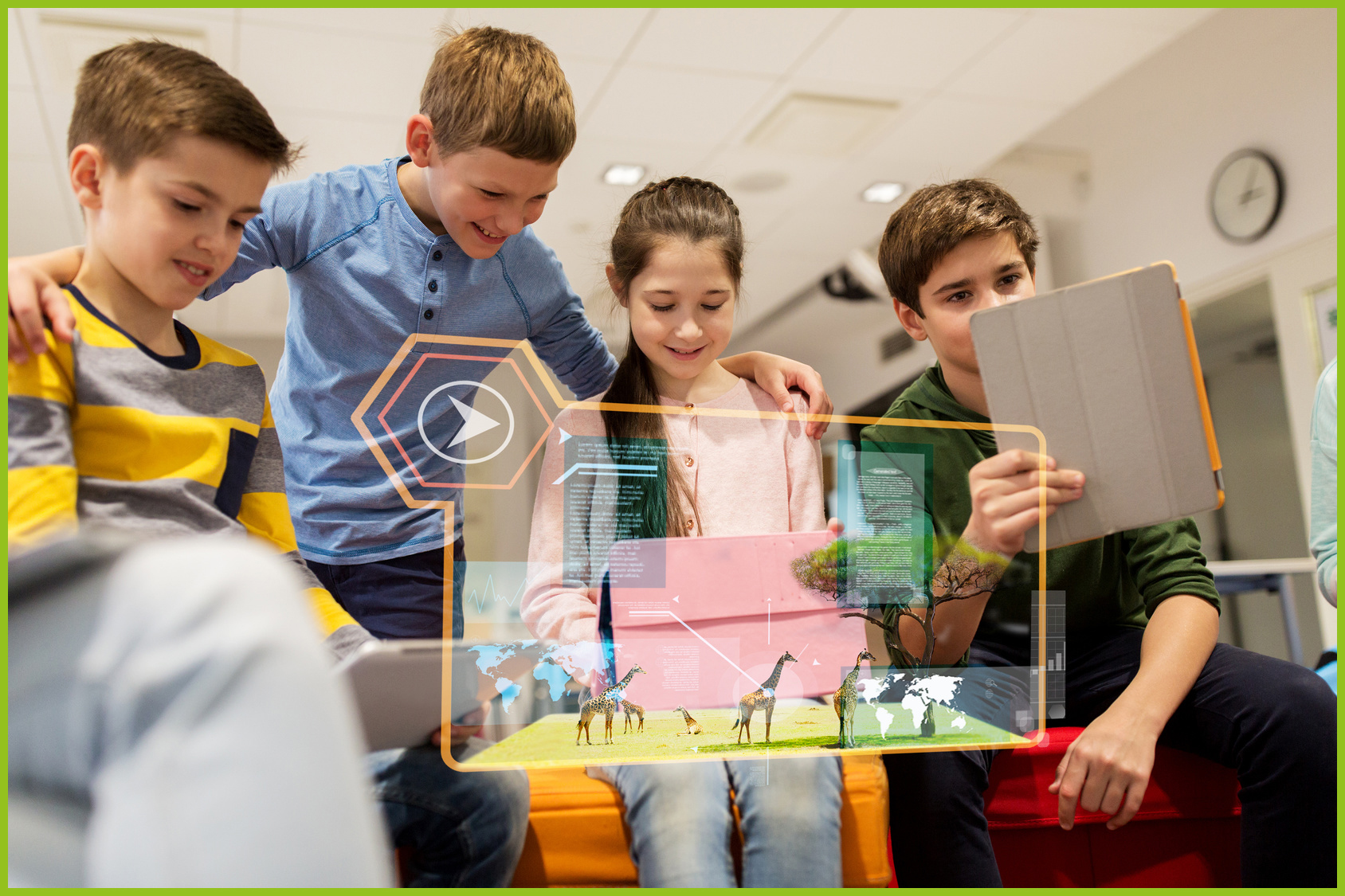Linking out-of-School and in-classroom instructions using a Citizen science approach to Learning
Project description
Scientific thinking and working techniques are two central competences, which students are supposed to acquire during their education in school. The projects aims to implement a new learning concept, which combines out-of-school learning and in-classroom-instructions with the usage of mobile devices and is expected to improve scientific reasoning, learning and the motivation of students. This project will be implemented in biology classes of grades 5 and 6 and will focus on the acquisition of knowledge regarding identification of water birds and bird migration.
To put these aims into practice, the projects incorporate a Citizen Science Approach. Citizen Science projects transfer the expert status upon laypersons (in this case pupils), who work similar to professional scientists by collecting data during field trips and submitting them online to a larger database, which includes nationwide observation data that can be evaluated with respect to scientific inquiries. Thus, not only the working procedure is similar to the work of scientist, but the students also make important contributions to science itself by sharing their own data.
The students first observe and identify the water birds during a field trip and while doing so, use a tablet to submit their data to the database online. To establish a connection between the field trip and the following in-classroom instructions, the online database is used to design the classroom instruction and for scientific working. The data, which the students use to work with during their classroom lessons, will be selected differently in three varying studies: In the first study, students will work with nationwide data, while the classes in the second study will use regional data. Finally, in the third and last study, personal data will be used, meaning the use of exactly those data, which the students themselves collected. It is expected that the selection of the database will influence students’ involvement in the process of learning and will change both learning success and motivation.
The project combines knowledge of learning and instructional psychology, as well as didactics of biology to enhance learning and scientific reasoning of students. In the future, the concept can be implemented in the same way but regarding different topics in other subjects.

Project Team
- Prof. Dr. Christoph Randler, Didaktik der Biologie, Universität Tübingen
- Prof. Dr. Katharina Scheiter, IWM
- Alena Rögele, Didaktik der Biologie, Universität Tübingen
